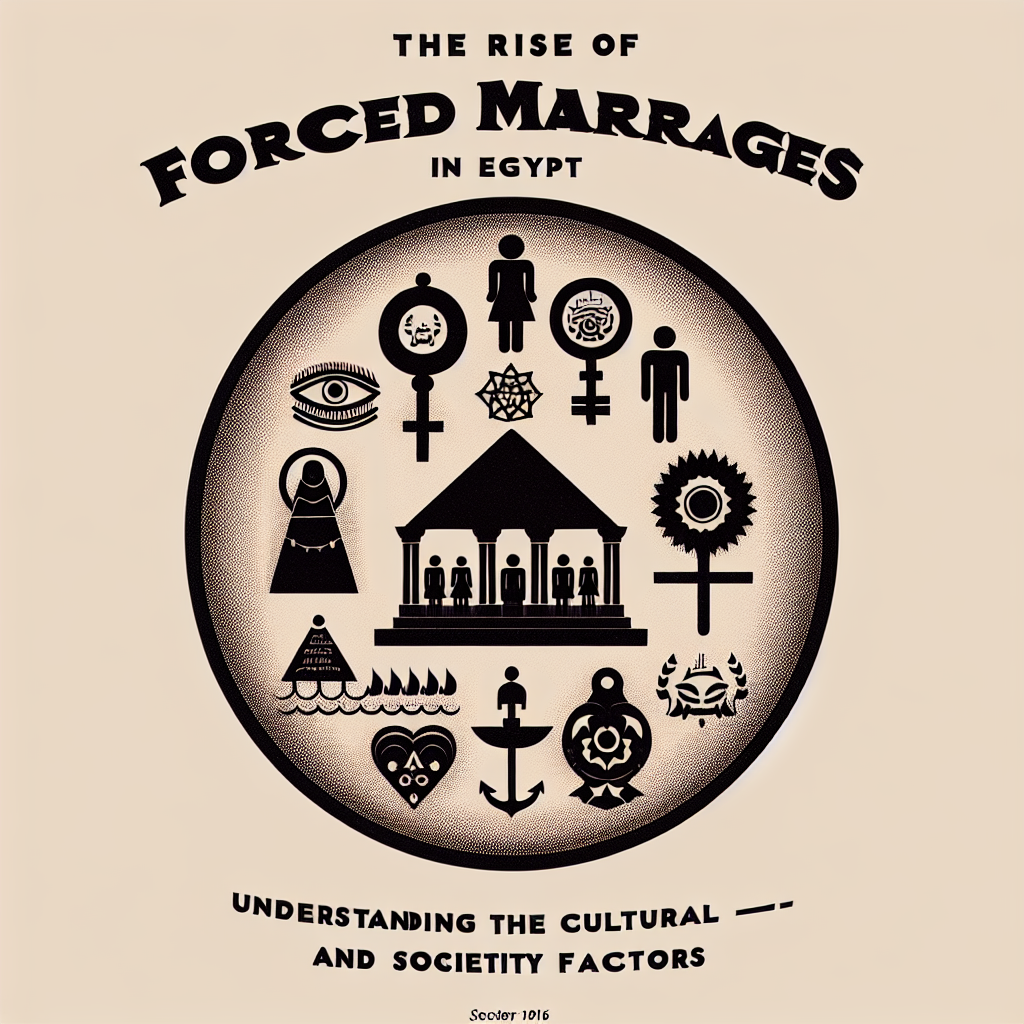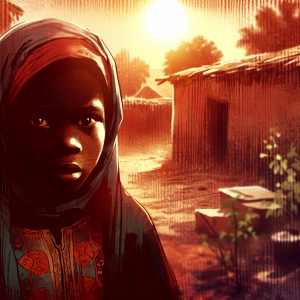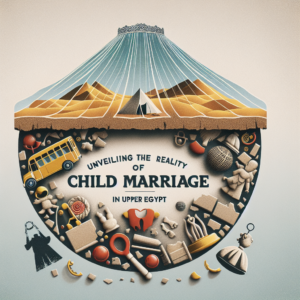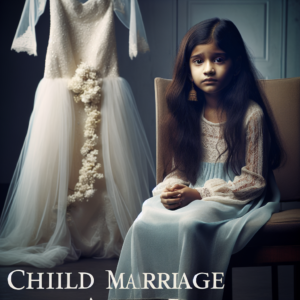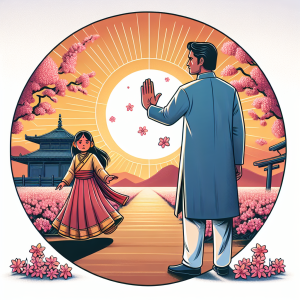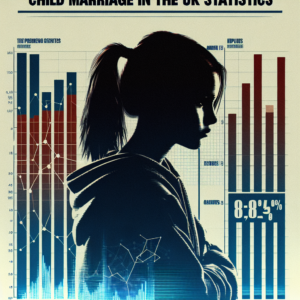In recent years, Egypt has seen a concerning rise in forced marriages, particularly involving young girls. This trend is rooted in a complex interplay of cultural and societal factors that have perpetuated the practice over time. To truly understand the prevalence of forced marriages in Egypt, it is crucial to delve into the cultural norms and traditions that uphold this harmful practice.
The Cultural Context:
In Egypt, marriage is highly valued and seen as a crucial milestone in a person’s life. Families often prioritize the marriage of their children as a means of securing social status, financial stability, and preserving cultural traditions. In this context, forced marriages are viewed as a way to fulfill these objectives, regardless of the wishes or consent of the individuals involved.
Moreover, gender roles and expectations play a significant role in perpetuating forced marriages. In Egyptian society, women are often expected to be obedient, submissive, and prioritize family honor above their own desires. This cultural expectation can lead to the coercion of girls into marriage, as families seek to control their behavior and ensure their conformity to societal norms.
The Societal Factors:
Poverty and economic hardships also contribute to the prevalence of forced marriages in Egypt. Families facing financial difficulties may see marriage as a way to alleviate their economic burdens, especially if they can secure a dowry or financial support from the groom’s family. In some cases, families may marry off their daughters at a young age to reduce the financial strain on the household.
Additionally, lack of education and limited access to information can make individuals, particularly young girls, more vulnerable to forced marriages. Without awareness of their rights or options, girls may feel powerless to resist family pressures and may accept marriages that are imposed upon them.
The Impact:
Forced marriages have lasting and devastating consequences for individuals, particularly young girls. These marriages often result in the denial of education, limited opportunities for personal development, and a heightened risk of domestic violence and abuse. Girls forced into marriage at a young age are also more likely to experience health complications, including early pregnancies and childbirth, which can have long-term implications for their well-being.
In the words of renowned author and advocate Malala Yousafzai, “Child marriage is a violation of human rights that robs girls of their childhood and their future.” This sentiment underscores the urgent need to address the root causes of forced marriages in Egypt and work towards creating a society where individuals have the agency to make informed choices about their own lives.
Addressing the Issue:
To combat the rise of forced marriages in Egypt, a multifaceted approach is needed that addresses the cultural, societal, and economic factors that contribute to this harmful practice. This includes:
“Child marriage and forced marriage are not the same thing. Child marriage robs children of their futures, and should never be tolerated. We must work together to protect the rights and dignity of all individuals, regardless of their gender or age.” – Desmond Tutu
1. Education and Awareness: Providing comprehensive education on human rights, gender equality, and reproductive health can empower individuals to make informed decisions about their own lives and challenge harmful practices like forced marriages.
2. Legal Protections: Strengthening laws and enforcement mechanisms to protect individuals from forced marriages and hold perpetrators accountable for their actions is essential in combating this issue.
3. Economic Empowerment: Investing in programs that provide economic opportunities and financial support to families can reduce the economic incentives for forced marriages and empower individuals to make choices that are not driven by financial pressures.
4. Community Engagement: Working with local community leaders, religious institutions, and civil society organizations to challenge harmful cultural norms and promote gender equality can create a supportive environment for individuals seeking to resist forced marriages.
By addressing the cultural and societal factors that contribute to the rise of forced marriages in Egypt, we can create a more inclusive and equitable society where individuals are free to pursue their own aspirations and live with dignity and autonomy. It is time to stand against forced marriages and uphold the rights and agency of all individuals, regardless of their gender or age.



